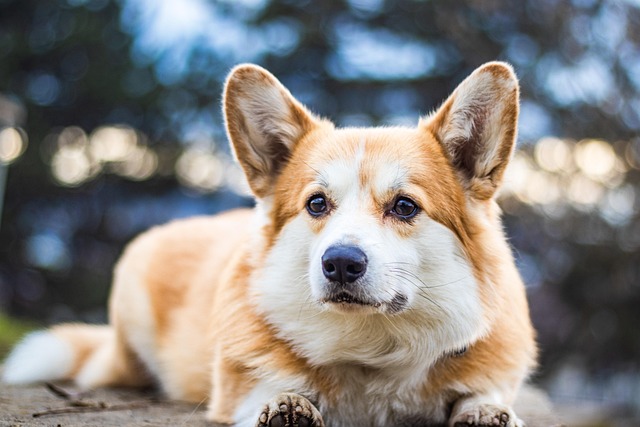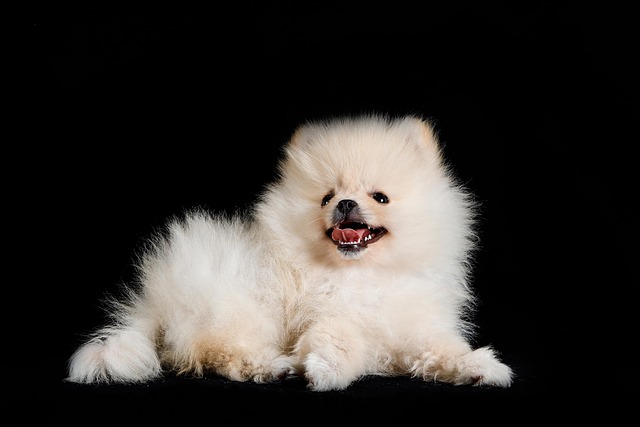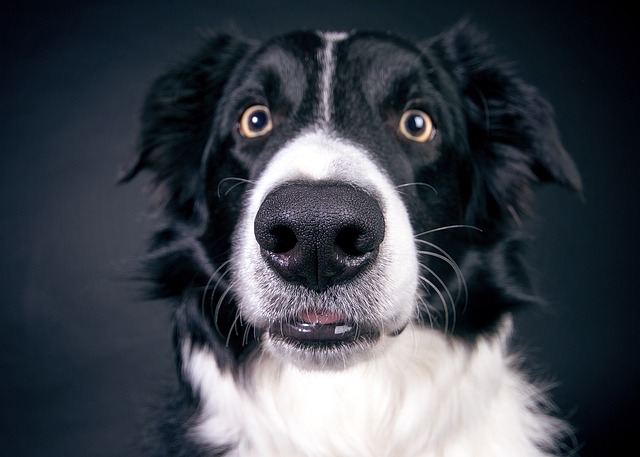
How to test for tetanus in dogs?
Tetanus in dogs often starts with subtle signs most owners miss—like a stiff jaw when grabbing a favorite chew toy or hesitation to climb stairs they once bounded up.
That bright-eyed Yorkie grin stealing your heart? Behind those adorable teeth lies a serious vulnerability. Yorkshire Terriers pack a lot of personality into a tiny frame, but their small mouths come with a big dental problem: overcrowding. This creates perfect nooks for plaque to hide, hardening into tartar faster than you'd think. Ignoring this isn't just about bad breath – it's a direct threat to their comfort and longevity. Actually, dental disease is incredibly common in small breeds like Yorkies, and it often starts silently.
You might believe that giving your pup the occasional dental chew or even brushing a few times a week is enough armor against trouble. That's a comforting thought, but it’s a misconception I see trip up many loving owners. While home care is vital—truly essential—it simply can't reach below the gumline where the most destructive plaque accumulates. Professional cleaning tackles what your toothbrush and chews physically cannot. Thinking home efforts alone suffice is like dusting the surface while ignoring the deep grime underneath; it feels proactive but misses the critical battleground.
So what happens if that hidden plaque and tartar aren't professionally removed? The risks run far deeper than stained teeth. Gingivitis, that initial gum inflammation, is just the opening act. Left unchecked, it progresses relentlessly to full-blown periodontal disease. This isn't just a mouth problem. The bacteria thriving under the gums enter the bloodstream, becoming stealthy saboteurs. I've seen the heartbreaking consequences: damage to vital organs like the heart, kidneys, and liver, infections causing jawbone erosion, and yes, teeth becoming so loose or painful they need extraction. Chronic pain is a cruel companion, often masked by a Yorkie's stoic nature until things get severe.
Okay, the stakes are clear. How often, then, should your Yorkie see the vet for that essential professional cleaning? There’s no single, rigid calendar date for every dog. Generally, most veterinary dental specialists recommend a professional cleaning at least once a year for Yorkies. However, your individual pup’s needs are paramount. Factors like their age, genetics, existing tartar buildup, gum health, and how consistently you manage their home care routine dramatically influence this schedule. Some Yorkies, especially seniors or those with a history of dental issues, might genuinely need cleanings every six to nine months. That first vet checkup is crucial – they'll assess your dog's specific risk level and give you a personalized plan, not just a generic number. It’s about proactive prevention, not waiting for obvious pain.
This professional cleaning is the cornerstone, but think of daily home care as the essential maintenance keeping that foundation strong. Brushing your Yorkie's teeth daily is the absolute gold standard – yes, daily. Use a soft-bristled brush and enzymatic toothpaste made for dogs (never human toothpaste!). Start slow, make it positive, and build the habit. For those days brushing feels impossible, veterinary dental wipes can help remove surface film. Dental chews approved by the Veterinary Oral Health Council (VOHC) offer supplementary benefits, but they're supplements, not substitutes. Regular home care significantly slows plaque's return, making those professional sessions more effective and potentially less frequent. Consistency here is your most powerful ally.
Seeing your Yorkie thrive, pain-free and full of energy, makes every bit of effort worthwhile. Professional teeth cleanings aren't an optional luxury; they're a fundamental pillar of their health and happiness. Don't wait for signs of trouble – that little head tilt avoiding chew toys or subtle discomfort eating can signal advanced issues. Talk to your vet at your next visit. Ask specifically about your Yorkie's dental health and schedule that assessment. The American Veterinary Dental College website is a fantastic resource for finding board-certified veterinary dentists near you. Investing in their sparkling smile today protects their vibrant tomorrow.

Tetanus in dogs often starts with subtle signs most owners miss—like a stiff jaw when grabbing a favorite chew toy or hesitation to climb stairs they once bounded up.

If you’re a new dog parent in the US—maybe you’re standing in your Ohio apartment’s pet store aisle, holding a bag labeled “senior dog food” while your 8-year-old Dachshund

If you’re a new dog parent to a senior pup in the US—maybe you’re standing in your Florida apartment’s pet food aisle

Pet owners often worry about hidden health risks for their dogs, and toxoplasmosis is one that flies under the radar for many—understanding how dogs pick it up is key to keeping them safe.

If you’re a new dog parent in the US—maybe you’re standing in your Chicago apartment, staring at your 7-month-old Poodle mix, Bella

Tetanus in dogs comes from bacteria entering open wounds—think a deep cut from a rusty fence nail during a walk, or a scraped paw from digging in contaminated soil.